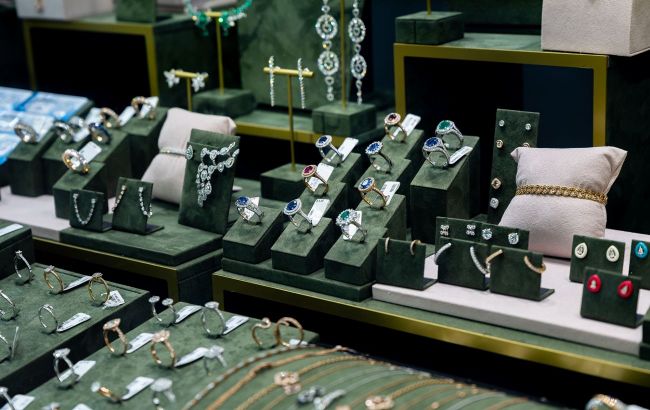EU Commission approves ban on Russian diamonds
 EU Commission approves ban on Russian diamonds (Getty Images)
EU Commission approves ban on Russian diamonds (Getty Images)
The European Commission sent a proposal to the 27 EU countries for the ban on Russian diamonds as part of the 12th package of sanctions. Unanimous approval is expected in the coming days, reports AFP.
According to the document reviewed by AFP, the ban applies to the trade of diamonds originating from Russia, whether transited or directly from Russia, as well as Russian diamonds cut and polished in third countries.
Starting January 1, 2024, the ban would apply to "non-industrial natural and synthetic diamonds as well as diamond jewelry."
The import ban on Russian diamonds cut or polished in third countries would be phased in between March and September next year.
"This phasing-in... takes into consideration the need to deploy an appropriate traceability mechanism that enables effective enforcement measures and minimizes disruptions for market players," the draft says.
As AFP notes, using code readers, workers in the diamond industry can access files attached to unique codes and add new ones, such as purchase receipts, export licenses, and certificates of authenticity.
12th sanctions package
The European Commission presented its proposals for the 12th package of sanctions against Russia to the EU Council on November 15. Sanctions are proposed against over 120 individuals and entities for their role in undermining the sovereignty and territorial integrity of Ukraine.
New import and export bans are also proposed, as well as measures for oil prices cap and counter EU sanctions circumvention.
Ban on Russian diamonds
According to The Guardian, the core of the European Commission's proposals, which still need to be approved by EU leaders at the next summit in December, involves steps aimed at cutting off Russia's commercial revenues. This includes a complete ban within the bloc on the sale of Russian diamonds and jewelry using precious stones from Siberian mines.
According to the EU, this step could lead to a reduction in Kremlin revenues by over 4.5 billion euros per year.
The ban has been developing since last year but became a reality only after Belgium, home to the global diamond center Antwerp, lifted its objections in the summer, and the G7 states agreed to impose sanctions at the summit in Japan.

